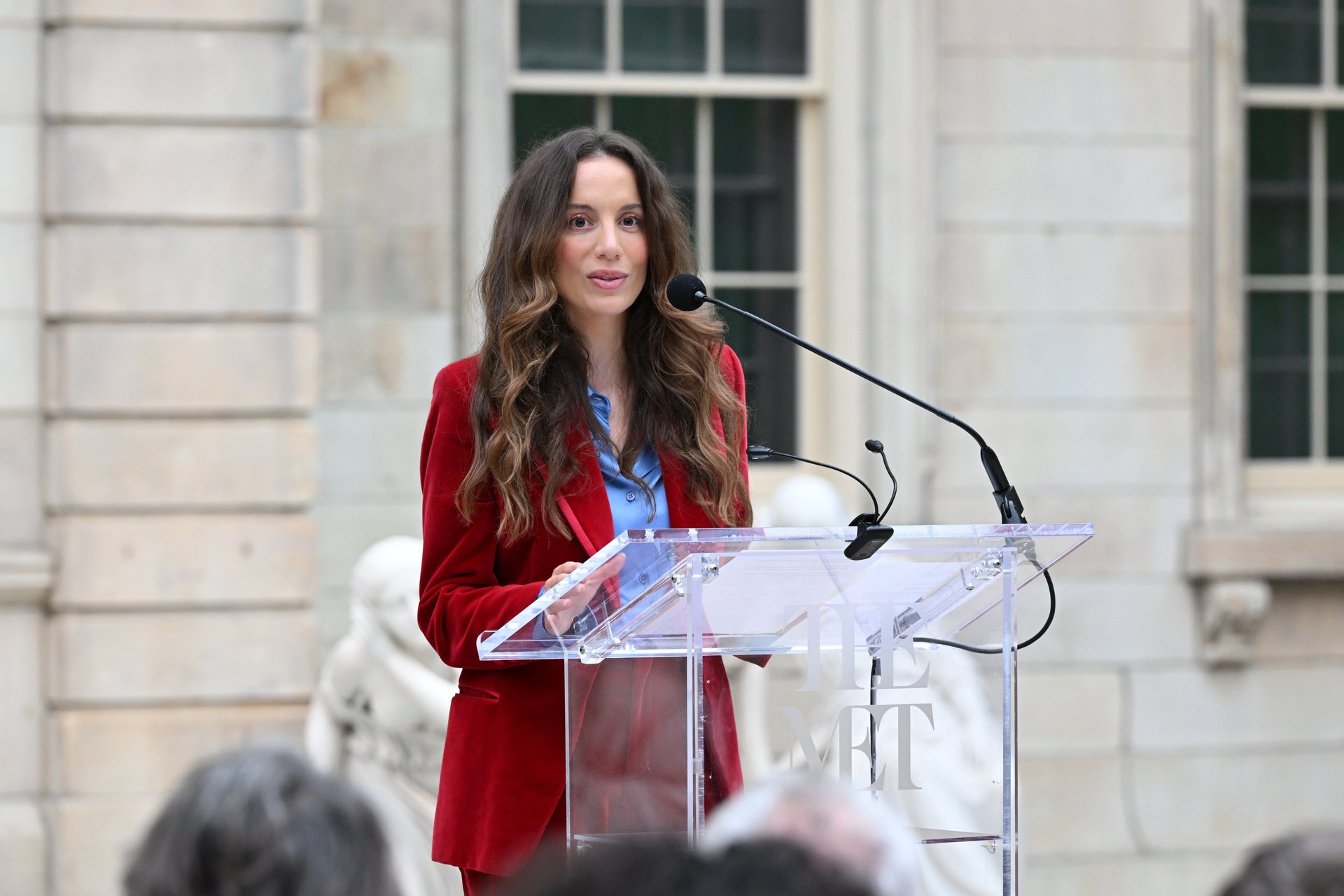OpenAI exec says Elon Musk is wrong to call Apple's ChatGPT deal 'creepy spyware'
Musk said he would ban Apple devices at his companies if ChatGPT is integrated into iPhones

After Elon Musk described Apple’s plan to integrate OpenAI’s ChatGPT into iPhones as “creepy spyware,” one of the company’s executives pushed back.
Suggested Reading
“That’s his opinion,” Mira Murati, chief technology officer at OpenAI, said at Fortune’s MPW dinner on Tuesday. “Obviously I don’t think so. We care deeply about the privacy of our users and the safety of our products.”
Related Content
At its annual Worldwide Developers Conference on Monday, Apple announced a partnership with OpenAI to put the company’s generative artificial intelligence chatbot, ChatGPT 4-o, into its iPhone operating system, iOS 18, as well as iPadOS 18 and macOS Sequoia. Users have the option to turn off access to ChatGPT.
Musk responded to the announcement on X, writing that Apple devices would be banned at his companies if ChatGPT is integrated into its operating system. “That is an unacceptable security violation,” Musk wrote. He added that “visitors will have to check their Apple devices at the door, where they will be stored in a Faraday cage.”
Murati said Tuesday that OpenAI is focused on privacy and security.
“We’re trying to be as transparent as possible with the public,” Murati said. “The biggest risk is that stakeholders misunderstand the technology.”
Musk continued to criticize Apple’s generative AI plans, writing: “It’s patently absurd that Apple isn’t smart enough to make their own AI, yet is somehow capable of ensuring that OpenAI will protect your security & privacy! Apple has no clue what’s actually going on once they hand your data over to OpenAI. They’re selling you down the river.”
On Tuesday, the billionaire, who co-founded OpenAI in 2015 then left in 2018, dropped a lawsuit he filed in February against the company and its chief executive, Sam Altman, alleging its multi-year, multi-billion dollar partnership with Microsoft betrayed its founding commitment to put benefits to humanity over generating profit. Musk withdrew the complaint with no explanation the day before a California judge was expected to hear a request for dismissal from OpenAI, Bloomberg reported.